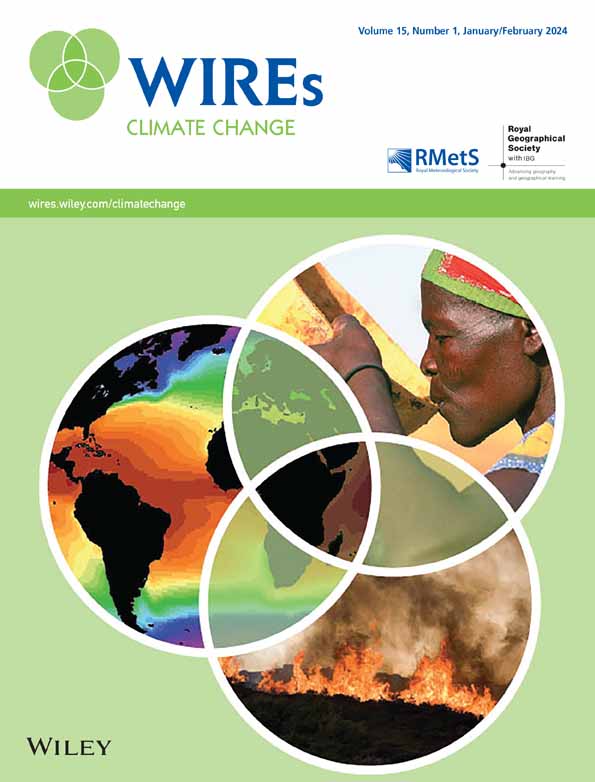气候变化对极地地区不可移动文化遗产的影响:一个系统的文献计量回顾
IF 10.3
1区 环境科学与生态学
Q1 ENVIRONMENTAL STUDIES
引用次数: 8
摘要
在过去十年中,气候变化对极地地区(北极和南极)不可移动文化遗产(ICH)影响的研究缓慢增加。本文对气候变化对极地非物质物质多样性影响及气候变化适应的相关文献进行了系统综述和综合。灰色文献未包括在本研究中。与美国、加拿大、丹麦和挪威相比,瑞典、芬兰、冰岛和俄罗斯等北极国家及其相关研究机构在本文献中的代表性不足。所分析的文献中有一半以上发表于过去三年(2019年、2020年和2021年),重点关注海岸侵蚀和非物质物质退化(冰冻圈危害)。非物质物质面临着生物退化、海岸侵蚀、泥石流和融化滑坡的风险。近一半的研究报告了为非物质文化遗产制定气候变化适应规划和实施的必要性。该研究表明,需要在气候变化影响和适应响应研究方面取得进展,以提高决策者的能力,支持有效的适应政策,并有助于实现极地地区的可持续发展目标。极地地区的脆弱景观和非物质遗产可以用来传达关于气候变化挑战和适应措施的更广泛信息。本文章由计算机程序翻译,如有差异,请以英文原文为准。

Climate change impacts on immovable cultural heritage in polar regions: A systematic bibliometric review
Over the past decade, research on the impacts of climate change on immovable cultural heritage (ICH) in the polar regions (Arctic and Antarctica) has slowly increased. This article offers a systematic review and synthesis of the publications about climate change impacts on the diverse ICH and climate change adaptation in the polar regions. Gray literature was not included in the study. Arctic countries like Sweden, Finland, Iceland, and Russia, and their associated research organizations, are under‐represented in this literature when compared with the USA, Canada, Denmark, and Norway. More than half of the analyzed literature is published in the last 3 years (2019, 2020, and 2021) with a focus on coastal erosion and ICH degradation (cryospheric hazards). ICH is at risk from biological degradation, coastal erosion, debris flow, and thaw slumping. Nearly half of the studies report on the need for climate change adaptation planning and implementation for ICH. This study shows that advances in research on climate change impacts and adaptation responses are needed to improve decision‐ and policy‐maker capacity to support effective adaptation policies and to contribute to the achievement of SDGs in polar regions. The polar regions' vulnerable landscapes and ICH sites can be used to communicate a larger message about the climate change challenges and adaptation measures.
求助全文
通过发布文献求助,成功后即可免费获取论文全文。
去求助
来源期刊

Wiley Interdisciplinary Reviews: Climate Change
METEOROLOGY & ATMOSPHERIC SCIENCES-
CiteScore
20.00
自引率
2.20%
发文量
58
审稿时长
>12 weeks
期刊介绍:
WIREs Climate Change serves as a distinctive platform for delving into current and emerging knowledge across various disciplines contributing to the understanding of climate change. This includes environmental history, humanities, physical and life sciences, social sciences, engineering, and economics. Developed in association with the Royal Meteorological Society and the Royal Geographical Society (with IBG) in the UK, this publication acts as an encyclopedic reference for climate change scholarship and research, offering a forum to explore diverse perspectives on how climate change is comprehended, analyzed, and contested globally.
 求助内容:
求助内容: 应助结果提醒方式:
应助结果提醒方式:


